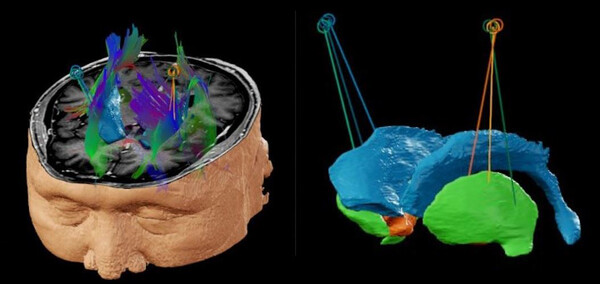Severance Hospital said on Tuesday that it successfully transplanted cell therapy products derived from embryonic stem cells into the brain of a patient to treat Parkinson's disease.

The investigational drug is a midbrain dopamine neural progenitor cells differentiated from human embryonic stem cells and the corresponding transplant was approved by the Ministry of Food and Drug Safety (MFDS).
The transplant was performed by Professors Chang Jin-woo of Neurosurgery and Lee Phil-hyu of Neurology at Severance Hospital.
Eligible patients include those who have been diagnosed with Parkinson's for more than five years and have received medication which failed to show effectiveness or exhibitted side effects such as dyskinesia. Dyskinesia is a movement disorder that often appears as uncontrolled shakes, tics, or tremors.
Currently, the treatment has been administered to three patients each with low and high doses, and plans to administer the drug to three more patients for each dose to confirm the safety and effectiveness of the transplant.
"All six patients showed no side effects of surgery and exhibtted symptomatic improvements," said Professor Chang. “We plan to recruit additional patients to verify the safety and effectiveness of the treatment, and clinical research will continue on more patients."
"Embryonic stem cell-derived dopamine neural progenitor cell transplantation is expected to be a fundamental treatment for Parkinson's disease, and we will continue to observe its safety and effectiveness over a long period,” said Professor Lee .
“Prior to this surgery, we confirmed the excellent efficacy and safety of the treatment in various non-clinical experiments and animal studies,” said Professor Kim Dong-wook of Physiology at Yonsei University College of Medicine, who developed the cell therapy.
Related articles
- Patients and regulators are at odds over Parkinson’s generic drugs
- Parkinson's patients distrust generics, call for ‘verifying biosimilarity’
- Korea-UK team develops AI platform for customized treatment of Parkinson's disease
- Immunotherapy before surgery for ovarian cancer prolongs PFS by 1.5 folds: study
- Severance Hospital finds new causative factor for retinoblastoma

